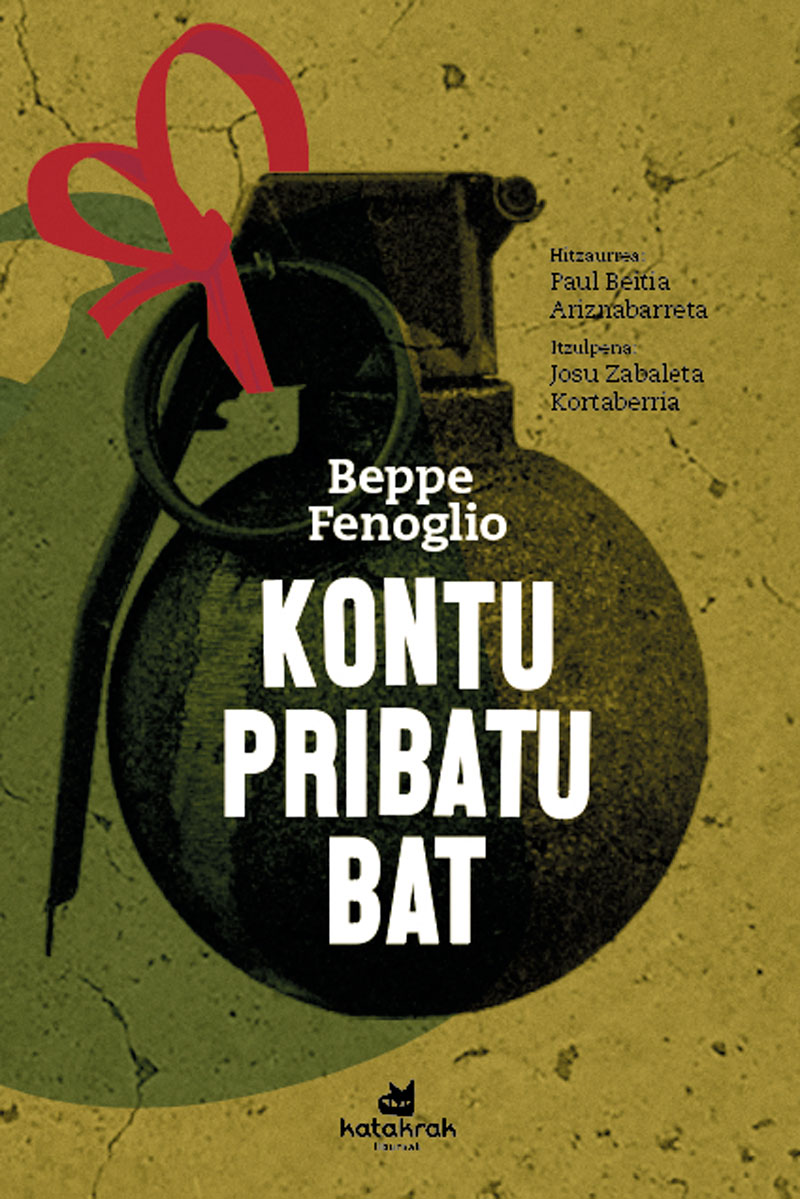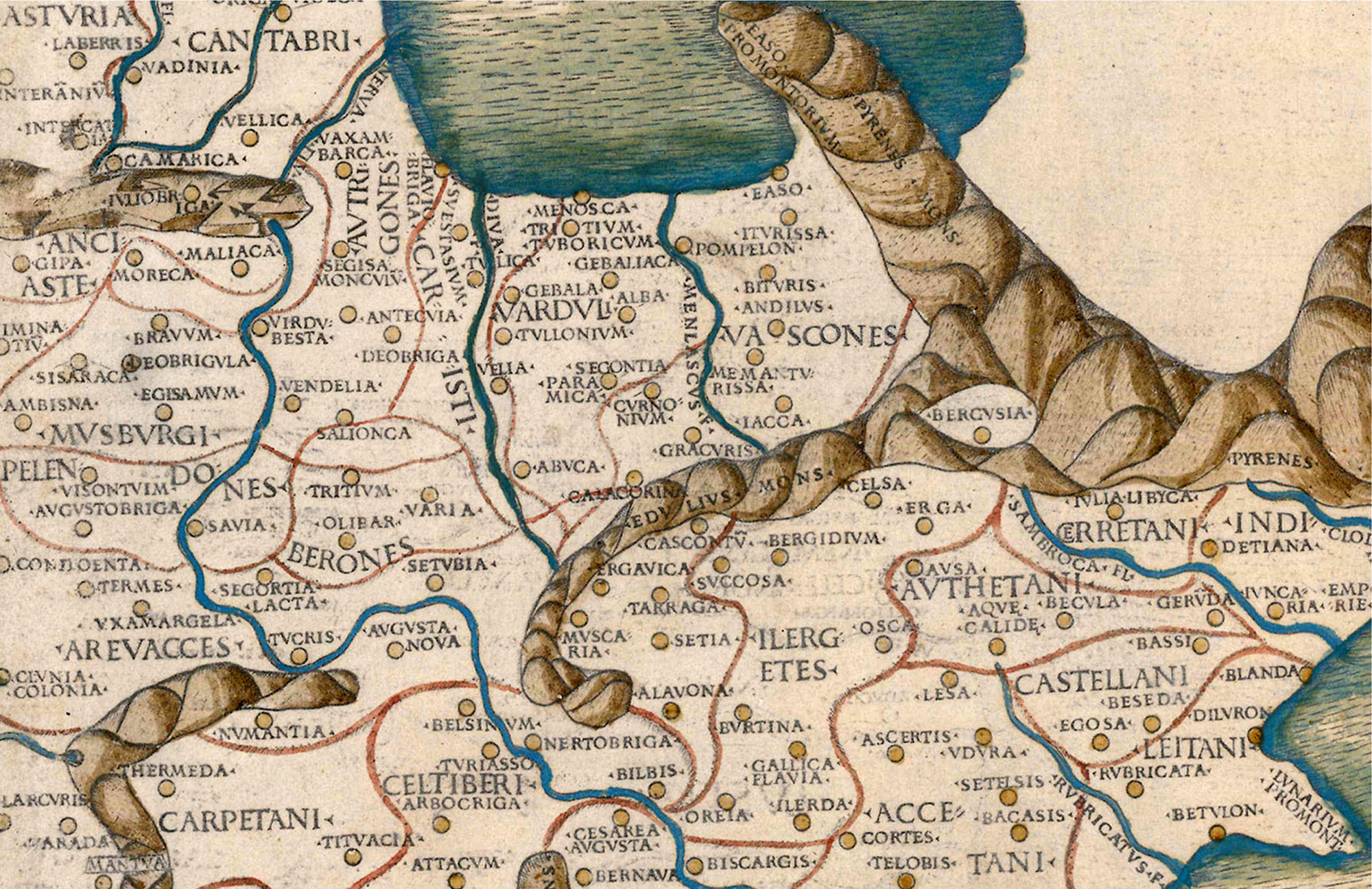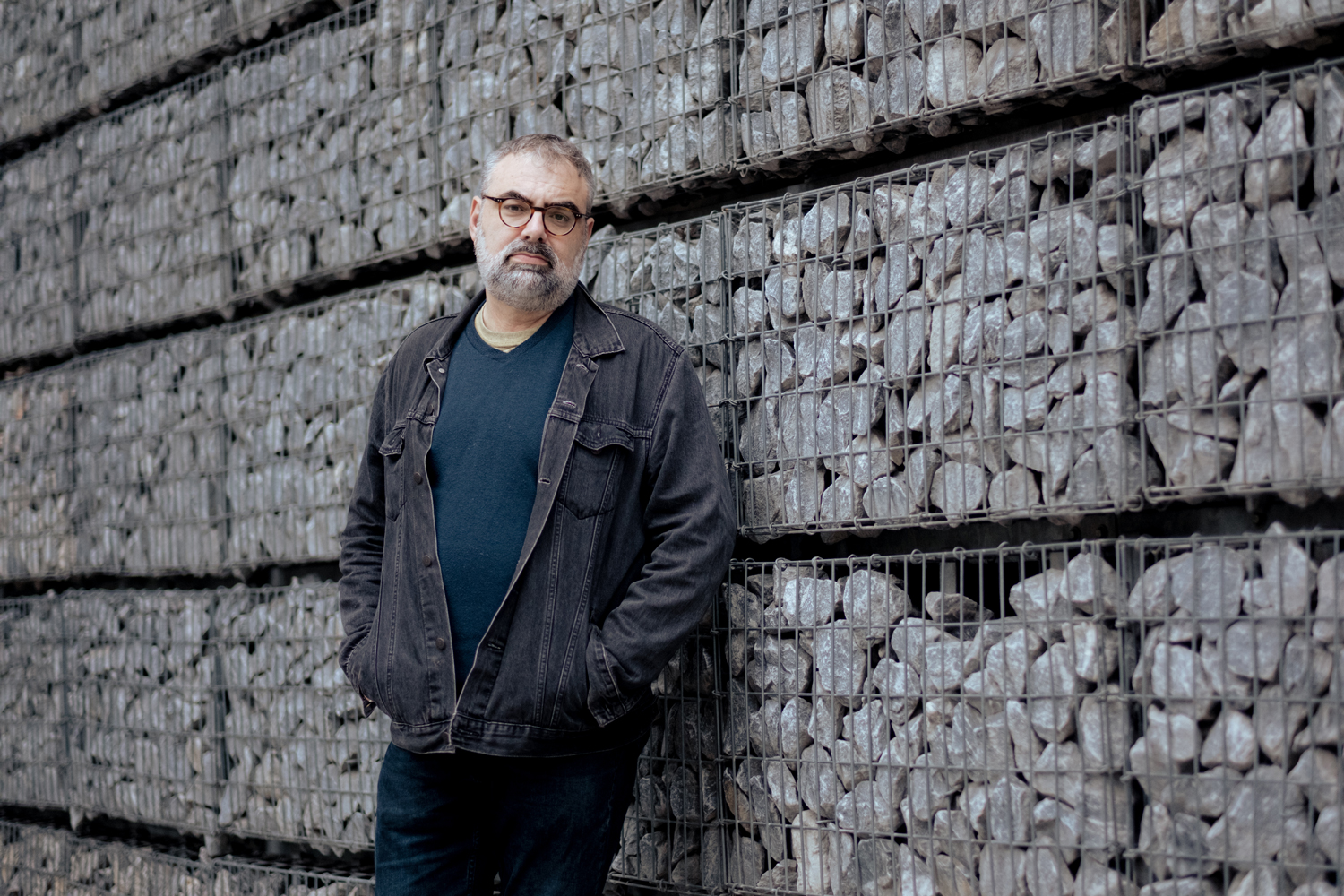Possessive jealousy, not love

In the Katakrak note and in the preamble of Paul Beitia we are told: A private matter isn't just a war novel, it's also a love novel. I must confess that when someone insists on something, I suspect automatically. I read and say the story: this is not a love novel; that is, a novel about toxic jealousy and possessive masculinity, perhaps about gender oppression that would not erase the abolition of class oppression.
Heart of Darkness, Apocalypse now, Rambo II, Saving Private Ryan, 1917: you already know this novel, even if it may be in the form of a movie. In some war the protagonists undertake a journey and the narratives acquire an almost allegorical level. In this case, we are in World War II, in Italy, and Partisano Milton will be in charge of starting the journey. Instead of looking for Kurtz, Giorgio is going to be saved, and Saving Partisan Giorgio might need a private account. You already know the novel and, as has often happened, it is interesting to focus more on the repetitions than on the differences of the Fenoglio novel.
There's no love in the novel. Milton says he's in love with Fulvia. And what? What stimulates action is something else. The protagonist learns about the relationship between Giorgio and Fulvia and completely loses control: “I have my head about to explode,” he will say with jealousy when he cannot accept the relationship; “Without Fulviah there would be no summer for him,” he says possessive. In the character I have not stopped reading the traps of the violent masculinities that come from the romantic ideas, but from the traces of love.
Let it be clear: I am not interpreting the novel against hair. Disregarding the end of the text. That's what makes it interesting: to make the romantic violence of the revolutionary man on the left legible. For radical and transformative love to put on the table new ways of co-building and building each other, we will first have to become aware of the violence of possessive romantic jealousy, even in times of war.
Leaving behind books, libraries and their benefits in April, Kabiak Sahrawi wishes to recall the dark side of his history, which is of greater importance in defending the identity and survival of peoples. We are talking about the destruction of the age-old and usual libraries... [+]





















